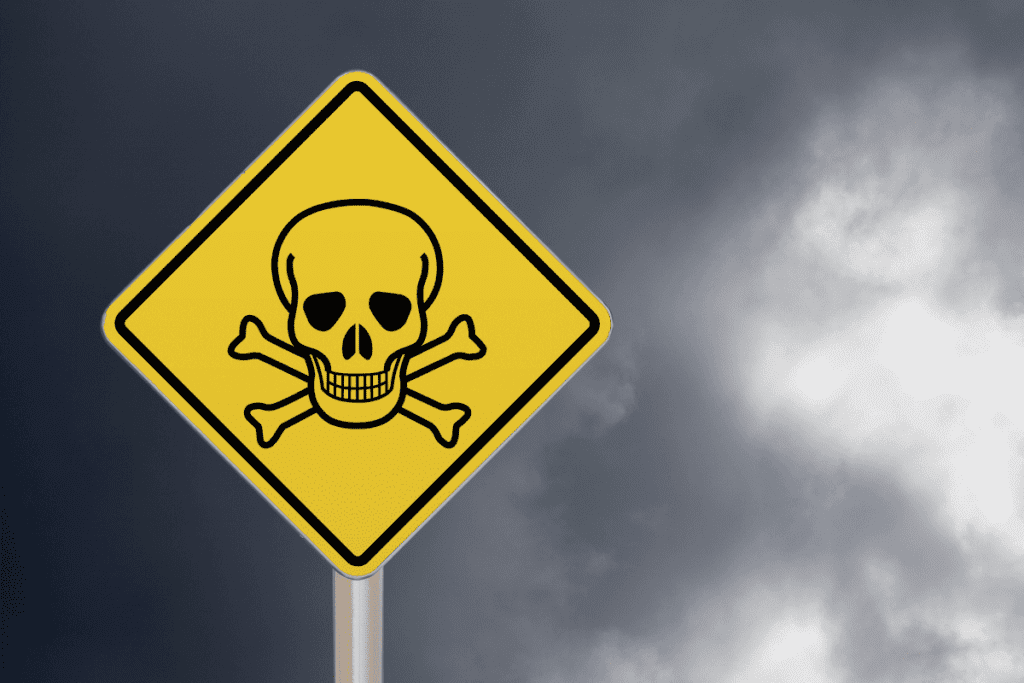ENVIRONMENTAL DEFENCE, BREAST CANCER ACTION QUEBEC, UNITED FOOD AND COMMERCIAL WORKERS (UFCW), AND THE MIND THE STORE CAMPAIGN
Labour, women’s health and environmental groups congratulate Canada’s leading grocery giant for taking this important step to protect its workers and public health from toxics on receipts
Toronto, Ont. – In response to calls from environmental advocacy and labour groups, Loblaw Companies Limited, Canada’s biggest grocery retail and drugstore company, made a public commitment in its 2020 Corporate Social Responsibility report to phase out receipt paper containing hazardous BPA, BPS and other bisphenol alternatives from its stores by the end of 2021. This phase out will apply to all of Loblaw’s subsidiaries including Shoppers Drug Mart, No Frills and T&T.
“We commend Loblaw for making this important sustainability commitment and for taking the steps necessary to protect its workers and customers from harmful chemicals,” said Muhannad Malas, Toxics Program Manager at Environmental Defence. “Grocery store cashiers who are exposed to high levels of hormone-disrupting BPA and BPS from handling receipts deserve to be protected, especially after putting their health at risk during the COVID-19 pandemic to ensure that we can all safely shop for food and household needs.”
In February 2019, Environmental Defence released alarming research findings that showed cashiers may be exposed to BPA and BPS at levels many times greater than the average person due to the presence of these harmful chemicals on receipt paper. Consequently, Environmental Defence, United Food and Commercial Workers Canada (UFCW), Breast Cancer Action Quebec and the Mind the Store Campaign launched a call-to-action urging Canada’s top retail giants to stop using bisphenol-coated receipt paper.
“UFCW Canada welcomes this announcement and commends Loblaw for showing leadership on this issue and setting an example for other retailers to follow,” said Paul Meinema, UFCW Canada National President. “Doing everything possible to better protect UFCW Canada members and all workers from environmental risks – like BPA and BPS – must be the top priority for industry, government, and all stakeholders. The COVID-19 pandemic has further highlighted the critical contributions that the union’s retail members make to the day-to-day needs of Canadians, and the need to ensure that every measure is being taken to keep frontline workers healthy and safe. It also shows the benefit of labour, advocates, and industry working together on sector challenges.”
In January 2020, Costco Canada became the first Canadian-based grocery retailer to phase out bisphenol-coated receipt paper in response to hundreds of petitions sent to the company by concerned customers and citizens. Environmental Defence commissioned lab testing last summer that verified that Costco had indeed switched to bisphenol-free receipts. The lab testing found that Loblaw, Metro, Sobeys and Walmart continued to use receipts containing BPS, a chemical similar in structure to BPA and with potential adverse effects.
“Loblaw’s commitment to phase out all phenols in their thermal paper used for receipts by the end of 2021 is excellent news for women’s health, and we applaud the company for this initiative,” said Jennifer Beeman, Executive Director of Breast Cancer Action Quebec. “Bisphenols used in thermal paper are known endocrine disruptors and can be a significant source of exposure for women, many of whom keep their receipts, as well as the women, particularly teens and young women, working as cashiers. There is no doubt that bisphenol exposures can disrupt normal breast development and health, as well as many other health problems. We hope this is only the beginning of responsible companies acting, where the federal government has not, to protect Canadians’ health.”
Loblaw’s commitment comes a few months in advance of the release of the fifth annual Who’s Minding the Store Retailer Report Card, which benchmarks retail companies on their safer chemical policies and actions to eliminate toxic chemicals, such as eliminating bisphenol-coated receipts.
“Loblaw’s actions are the latest example of a growing trend among top North American retailers,” said Mike Schade, Mind the Store Campaign Director. “We applaud the company for taking this important step and hope the company will continue to take action to reduce its chemical footprint. Sobeys, Metro, and other Canadian retailers should step up and join Loblaw in banning toxic chemicals in their receipts.”
– 30 –
For more information or to request an interview, please contact:
Sarah Jamal, Environmental Defence, sjamal@environmentaldefence.ca, 905-921-7786





